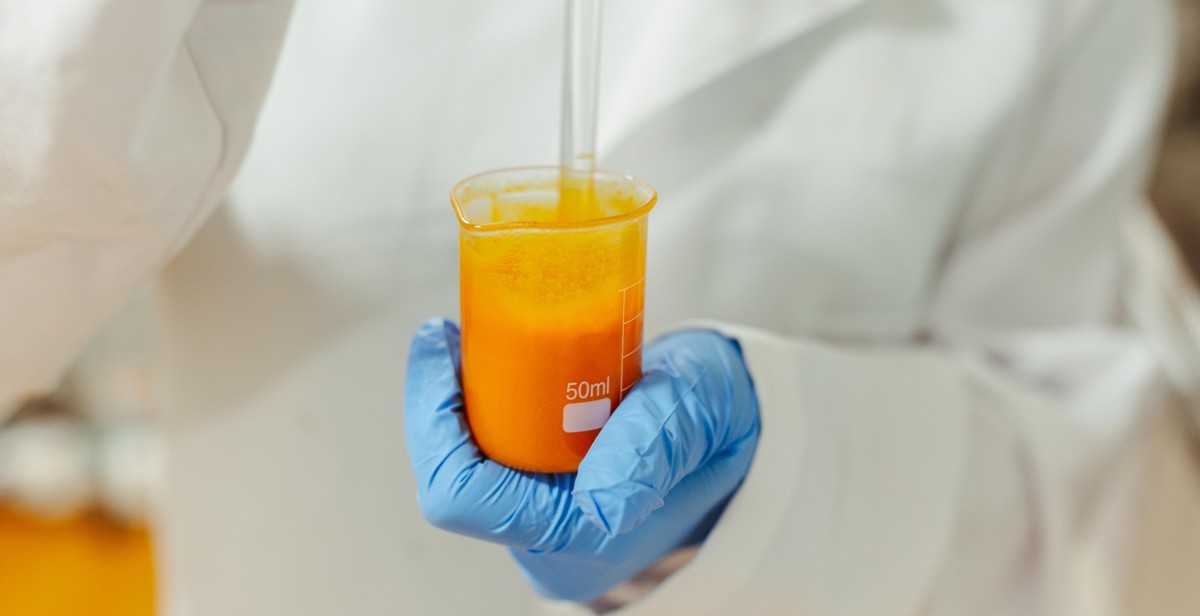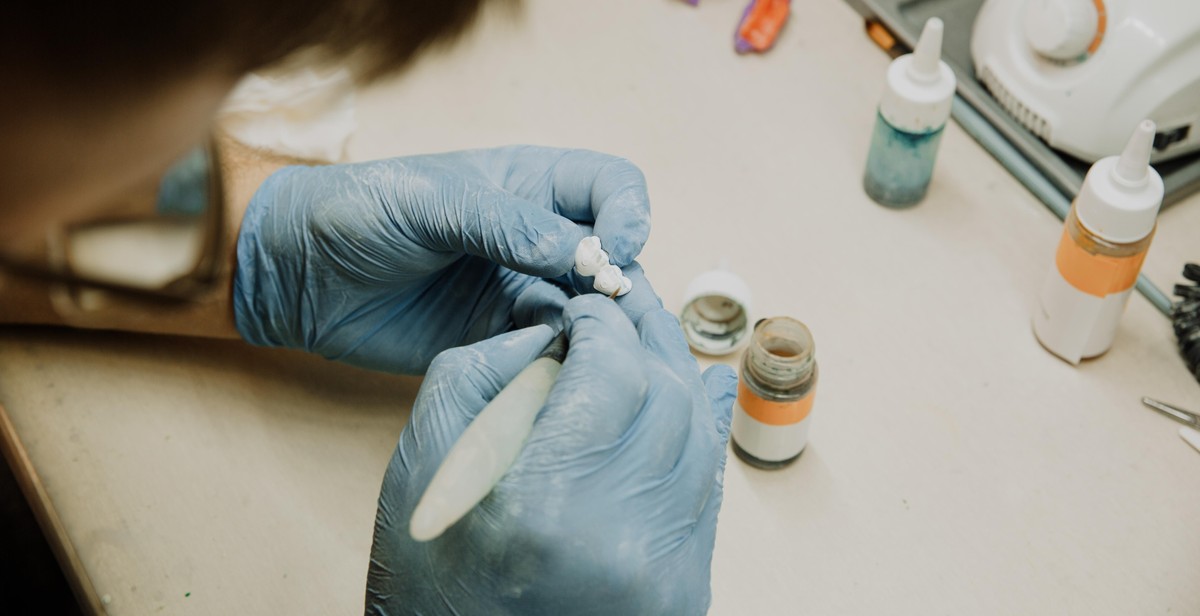How to Become a Forensic Scientist: Education and Career Path in Forensic Science
Forensic science is a field that involves the application of scientific principles to the investigation of crimes and legal cases. It encompasses a wide range of disciplines, including biology, chemistry, physics, and computer science. Forensic scientists play a crucial role in the criminal justice system by providing scientific evidence that can be used to solve crimes and establish guilt or innocence.
What is Forensic Science?
Forensic science involves the collection, analysis, and interpretation of physical evidence. This evidence can include fingerprints, DNA samples, bloodstains, and other materials found at crime scenes. Forensic scientists use a variety of techniques to analyze this evidence, including microscopy, chromatography, and spectroscopy. They also use computer software to create digital reconstructions of crime scenes and to analyze complex data sets.
Why Choose a Career in Forensic Science?
A career in forensic science can be both challenging and rewarding. Forensic scientists have the opportunity to work on high-profile cases and to use their scientific skills to make a real difference in the world. They also have the satisfaction of knowing that their work is helping to ensure that justice is served and that innocent people are not wrongly convicted. In addition, forensic science is a rapidly growing field, with many job opportunities available in both the public and private sectors.

Education Requirements for Becoming a Forensic Scientist
Forensic science is a highly specialized field that requires a strong educational foundation. To become a forensic scientist, you will need to obtain at least a bachelor’s degree in a relevant field. However, many forensic scientists hold advanced degrees and additional certifications and licenses to enhance their skills and job prospects.
Undergraduate Degree
The first step to becoming a forensic scientist is to earn a bachelor’s degree in a related field. Most forensic scientists have a degree in chemistry, biology, physics, or forensic science. Coursework typically includes laboratory work, scientific analysis, and hands-on training in various forensic techniques.
Some popular undergraduate degree programs for aspiring forensic scientists include:
- Bachelor of Science in Chemistry
- Bachelor of Science in Biology
- Bachelor of Science in Physics
- Bachelor of Science in Forensic Science
Graduate Degree
While a bachelor’s degree is the minimum requirement for many forensic science jobs, pursuing an advanced degree can improve your job prospects and earning potential. A master’s degree or Ph.D. in forensic science, chemistry, or biology can provide specialized training in a particular area of forensic science, such as DNA analysis, toxicology, or ballistics.
Some popular graduate degree programs for aspiring forensic scientists include:
- Master of Science in Forensic Science
- Master of Science in Chemistry
- Master of Science in Biology
- Ph.D. in Forensic Science
Certifications and Licenses
In addition to a degree, many forensic scientists pursue certifications and licenses to demonstrate their expertise in a particular area of forensic science. These credentials can enhance your job prospects and earning potential, and may be required for certain positions.
Some popular certifications and licenses for forensic scientists include:
| Certification/License | Issuing Organization |
|---|---|
| Board of Forensic Document Examiners Certification | American Board of Forensic Document Examiners |
| Forensic Toxicologist Certification | American Board of Forensic Toxicology |
| Forensic Science Technician Certification | International Association for Identification |

Career Paths in Forensic Science
Forensic science is a multidisciplinary field that offers a variety of career paths. Here are some of the most common career paths in forensic science:
1. Crime Scene Investigator
A crime scene investigator (CSI) is responsible for collecting, analyzing, and interpreting physical evidence found at crime scenes. This includes collecting fingerprints, DNA samples, and other physical evidence that can be used to solve crimes. CSIs typically have a degree in forensic science or a related field and may work for law enforcement agencies, crime laboratories, or private firms.
2. Forensic Pathologist
A forensic pathologist is a medical doctor who specializes in determining the cause of death in cases where foul play is suspected. They perform autopsies and examine tissue and fluid samples to determine the cause of death. Forensic pathologists typically have a degree in medicine and complete a residency in pathology.
3. Forensic Toxicologist
A forensic toxicologist is responsible for analyzing bodily fluids and tissues to determine the presence of drugs, alcohol, or other toxins. This information can be used to determine the cause of death or to provide evidence in criminal cases. Forensic toxicologists typically have a degree in chemistry, biochemistry, or a related field.
4. Forensic DNA Analyst
A forensic DNA analyst is responsible for analyzing DNA samples to identify suspects or victims. This includes comparing DNA samples found at crime scenes to DNA samples taken from suspects or victims. Forensic DNA analysts typically have a degree in biology, genetics, or a related field.
5. Forensic Engineer
A forensic engineer is responsible for analyzing physical evidence related to accidents, fires, or other incidents to determine the cause. This includes analyzing structural damage, electrical systems, and other physical evidence to determine what caused the incident. Forensic engineers typically have a degree in engineering or a related field.
| Career Path | Education Required | Typical Work Environment |
|---|---|---|
| Crime Scene Investigator | Bachelor’s degree in forensic science or a related field | Law enforcement agencies, crime laboratories, or private firms |
| Forensic Pathologist | Medical degree and residency in pathology | Medical examiner’s office, crime laboratory, or private firm |
| Forensic Toxicologist | Bachelor’s or advanced degree in chemistry, biochemistry, or a related field | Crime laboratory or private firm |
| Forensic DNA Analyst | Bachelor’s or advanced degree in biology, genetics, or a related field | Crime laboratory or private firm |
| Forensic Engineer | Bachelor’s or advanced degree in engineering or a related field | Consulting firms, law firms, or government agencies |

Skills Required for a Career in Forensic Science
Forensic science is a highly specialized field that requires a unique set of skills and abilities. To excel in this field, you need to possess a combination of technical, analytical, and communication skills. Here are some of the essential skills required for a career in forensic science:
Attention to Detail
Forensic science involves collecting, analyzing, and interpreting evidence to solve crimes. As such, attention to detail is critical to ensure that all evidence is collected, documented, and analyzed accurately. Even the smallest details can make a significant difference in a case, and forensic scientists must be meticulous in their work.
Problem-Solving Skills
Forensic science requires the ability to think critically and solve complex problems. Forensic scientists must be able to analyze evidence, identify patterns, and draw conclusions based on the data. They must also be able to apply scientific principles to real-life situations and provide expert testimony in court.
Communication Skills
Forensic scientists must be able to communicate their findings effectively to a variety of audiences, including law enforcement officials, attorneys, judges, and juries. They must be able to explain complex scientific concepts in simple terms and provide clear and concise reports and testimony.
Analytical Skills
Forensic science involves analyzing evidence using a variety of scientific techniques, including microscopy, DNA analysis, and chemical analysis. Forensic scientists must have a strong foundation in science and be able to apply scientific principles to analyze and interpret evidence.
Computer Skills
Forensic science involves the use of advanced computer technology to analyze and store evidence. Forensic scientists must be proficient in the use of specialized software and hardware used in forensic analysis and be able to manage large amounts of data.
- Attention to detail
- Problem-solving skills
- Communication skills
- Analytical skills
- Computer skills
| Skill | Description |
|---|---|
| Attention to Detail | Forensic scientists must be meticulous in their work to ensure that all evidence is collected, documented, and analyzed accurately. |
| Problem-Solving Skills | Forensic scientists must be able to analyze evidence, identify patterns, and draw conclusions based on the data. |
| Communication Skills | Forensic scientists must be able to communicate their findings effectively to a variety of audiences. |
| Analytical Skills | Forensic scientists must have a strong foundation in science and be able to apply scientific principles to analyze and interpret evidence. |
| Computer Skills | Forensic scientists must be proficient in the use of specialized software and hardware used in forensic analysis and be able to manage large amounts of data. |

Job Outlook and Salary
Job Outlook
The job outlook for forensic scientists is promising. According to the U.S. Bureau of Labor Statistics (BLS), employment in forensic science is projected to grow 14 percent from 2019 to 2029, which is much faster than the average for all occupations. This growth is due to the increasing demand for forensic science technicians in local, state, and federal law enforcement agencies.
Forensic scientists who have a background in digital forensics are expected to have even better job prospects. With the rise of cybercrime, there is a growing need for forensic experts who can investigate and analyze digital evidence.
Salary Range
The salary range for forensic scientists varies based on factors such as education, experience, and location. According to the BLS, the median annual salary for forensic science technicians was $60,590 as of May 2020.
Forensic scientists who work for the federal government tend to earn more than those who work for state or local government agencies. The BLS reports that the highest-paying industry for forensic science technicians is the federal executive branch, with a median annual salary of $100,090.
| Industry | Median Annual Salary |
|---|---|
| Federal Executive Branch | $100,090 |
| Medical and Diagnostic Laboratories | $64,570 |
| State Government, excluding schools and hospitals | $60,770 |
| Local Government, excluding schools and hospitals | $58,300 |
It is important to note that forensic science is a highly competitive field, and many forensic scientists have advanced degrees and certifications. Therefore, those with higher levels of education and experience may earn salaries that are higher than the median.

Conclusion
Forensic science is a fascinating field that requires a unique combination of skills and knowledge. If you have a passion for science, investigative work, and helping people, a career in forensic science may be right for you.
Is a Career in Forensic Science Right for You?
To determine if a career in forensic science is right for you, you must consider your interests, skills, and goals. You should also be aware of the challenges that come with the job, such as long hours, high stress, and exposure to graphic and disturbing material. However, for those who are passionate about the field, the rewards can be immense, including the satisfaction of helping to solve crimes and bring justice to victims and their families.
Final Thoughts
If you are interested in pursuing a career in forensic science, it is important to do your research and seek out the education and training you need to succeed. Whether you choose to specialize in DNA analysis, ballistics, or crime scene investigation, there are many opportunities available to those who are dedicated and skilled in the field of forensic science. With hard work and determination, you can make a difference in the world of criminal justice and contribute to making your community a safer place.
